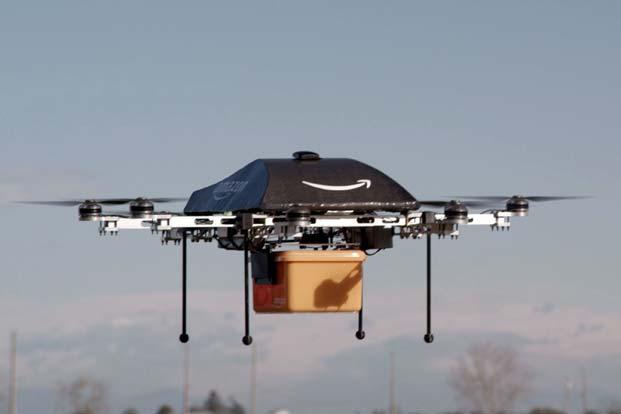
The U.S. Federal Aviation Administration (FAA) has backpedaled from its previous hardline stance against allowing drones, or unmanned aerial vehicles (UAVs), fly without their operators seeing them.
According to CNET.com, the use of drones, also known as unmanned aircraft systems (UASs), is attracting the attention of several industries because of its unlimited applications, particularly in real estate, shooting movies, farming, news gathering, delivering service, etc. Big oil companies also want to use drones to monitor their pipelines.
However, the FAA issued a rule in February preventing UAVs from flying beyond the sight of their pilots. The FAA insisted that the rule is to ensure safety in the use of drones.
On Wednesday, the FAA announced it entered into a deal with industry partner and drone maker PrecisionHawk to start field testing and evaluating drones flying beyond their operator's sight. PrecisionHawk will fly drones for crop monitoring. BNSF Railroad will also be allowed to explore the necessary controls needed to inspect railroads. BNSF is a unit of Warren Buffett's Berkshire Hathaway.
US Transportation Secretary Anthony Foxx said in a statement, "Government...can't operate in a vacuum. We'll get to our goal of safe, widespread UAS integration more quickly by leveraging the resources and expertise of the industry."
According to the report, the PrecisionHawk will fly its Low Altitude Tracking and Avoidance System (LATAS). LATAS was developed by the company as an air-traffic control system that can track drones and prevent air collisions.
The shift in the FAAs attitude is seen by industry players that the government regulatory agency is now looking at the various business opportunities offered by UAVs. In the past, the FAA requires all drone operators to secure licenses but the regulator is also slowly shifting away from this policy too.
However, the change of the FAA attitude is not as drastic as many companies, like Amazon is hoping for. Some companies want to use drones to deliver packages in highly urbanized areas. Although many observers believe the FAA sees itself as an enabler of the technology rather than its opponent.
Separately, CNN reported that FAA is also looking at the possibility of expanding the use of drones for businesses.
Aside from PrecisionHawk and BSNF, FAA also tapped CNN to help the agency to draft new rules governing UAVs, the report said.
The FAA gave CNN a clearance in January this year to start field testing drones and to establish its safeness in news gathering, especially in crowded areas.
David Vigilante, associate general counsel for CNN commented, "The FAA opened up a whole new pathway where CNN and other news organizations can operate much more freely. And CNN is the guinea pig."
Industry insiders welcomed these new developments from the FAA as they described the moves as moving in the right direction of removing current restrictions.














